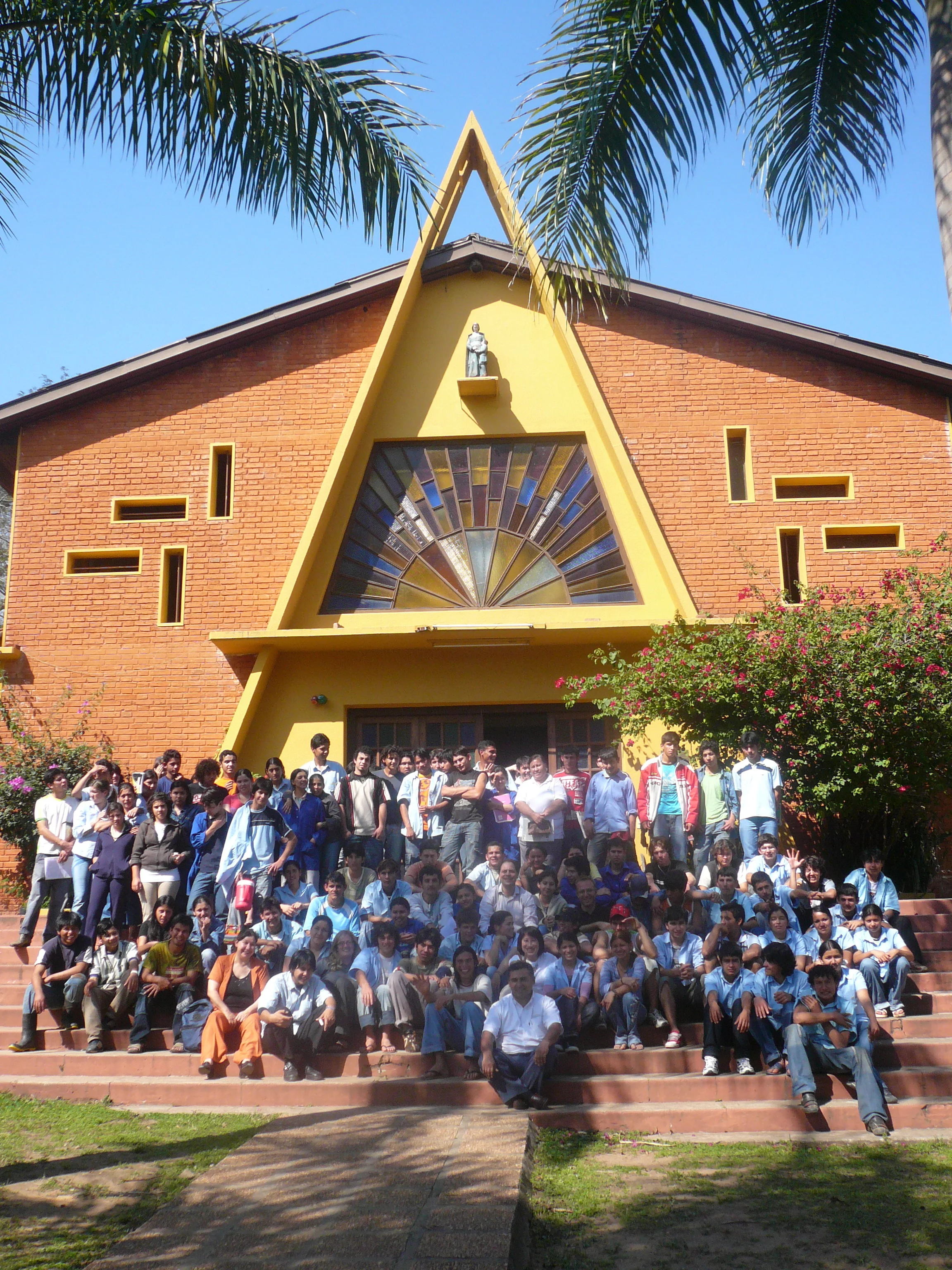Nothing Like a Good Bottle of Wine...
It's not my own, but the best analogy I've encountered for talking about social objects is a classic: social objects work like a good bottle of wine. Yes, there are some inherent qualities to wine that bring people together--and care, skill, innovation and creativity can be applied to truly artisanal results.
But, really, the thing that makes gathering around a good bottle of wine so satisfying, so enjoyable [even if you're not drinking] is the conversation; the personalities and interactions of the people sharing it. Boring people gathered around a great bottle of wine are still boring people, perhaps more interesting liquored up, but still essentially boring. And interesting people gathered around a mediocre bottle of wine will likely still provide stimulating, pleasant interaction. There's something to be said for the idea that better wine tends to attract more refined socializers, but in the end, the bottle of wine is really just the excuse--providing the space and time for people to engage with each other.
Based on this analogy, I don't think content is a social object.
In the realm of learning, questions are what bring people together, what they interact around, what stimulates conversation, debate... value creation. There's no reason to gather around content. Content itself is inert. It's the questions about that content--the implications yet un-pursued, the theories still in debate, the possibilities at the edge of convention--that are dynamic, producing that "gravitational pull" Jyri talks about as a defining characteristic of social objects.
Given this, assessments and assignments [or projects, or problems--real or imagined, personal or global] could be social objects, though not in their current typically isolated, artificial application. These things are all based on and centered around questions. And, if we developed them with multiple handles, flexible channels for contribution and conversation, and a low opportunity costs for engagement, they could be significant social objects indeed.



